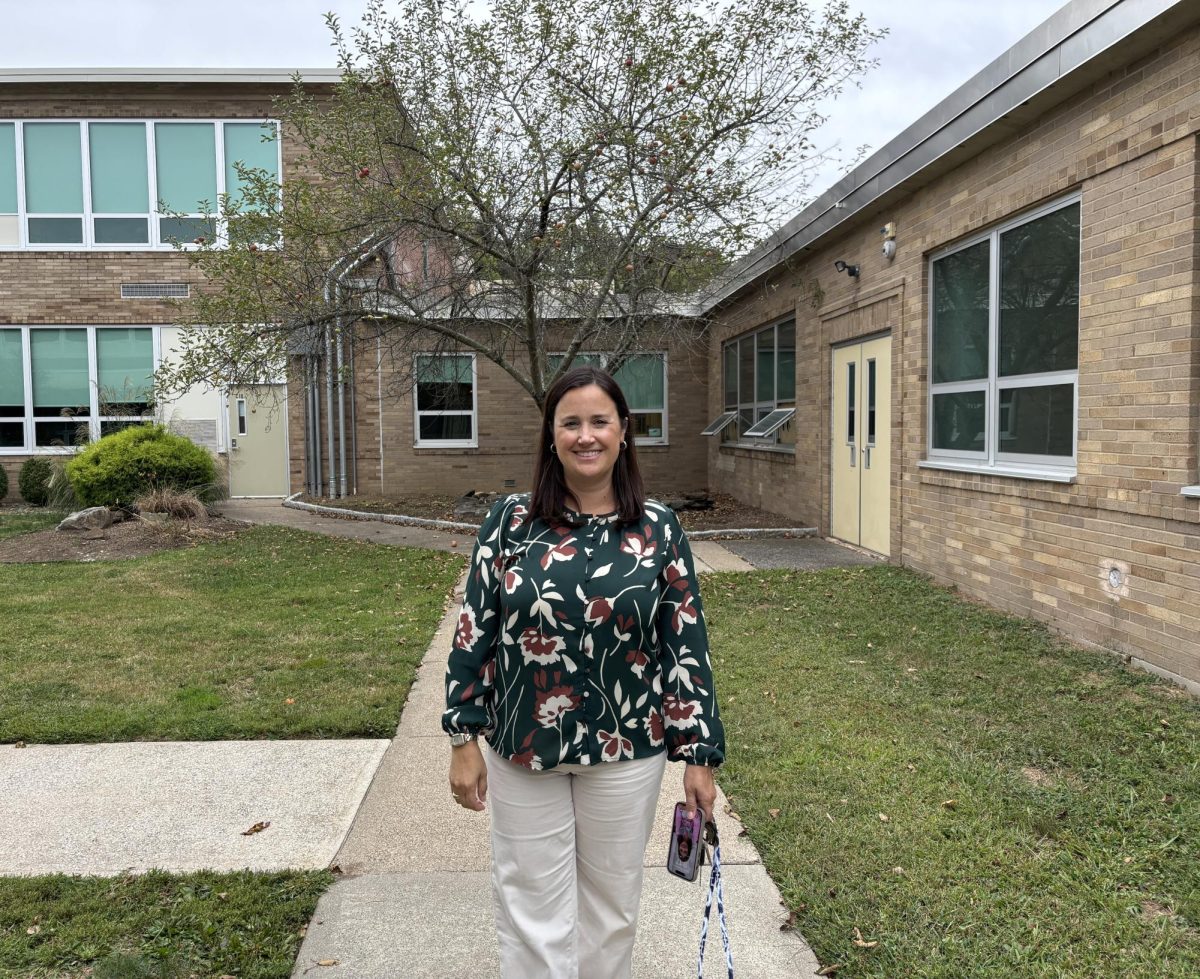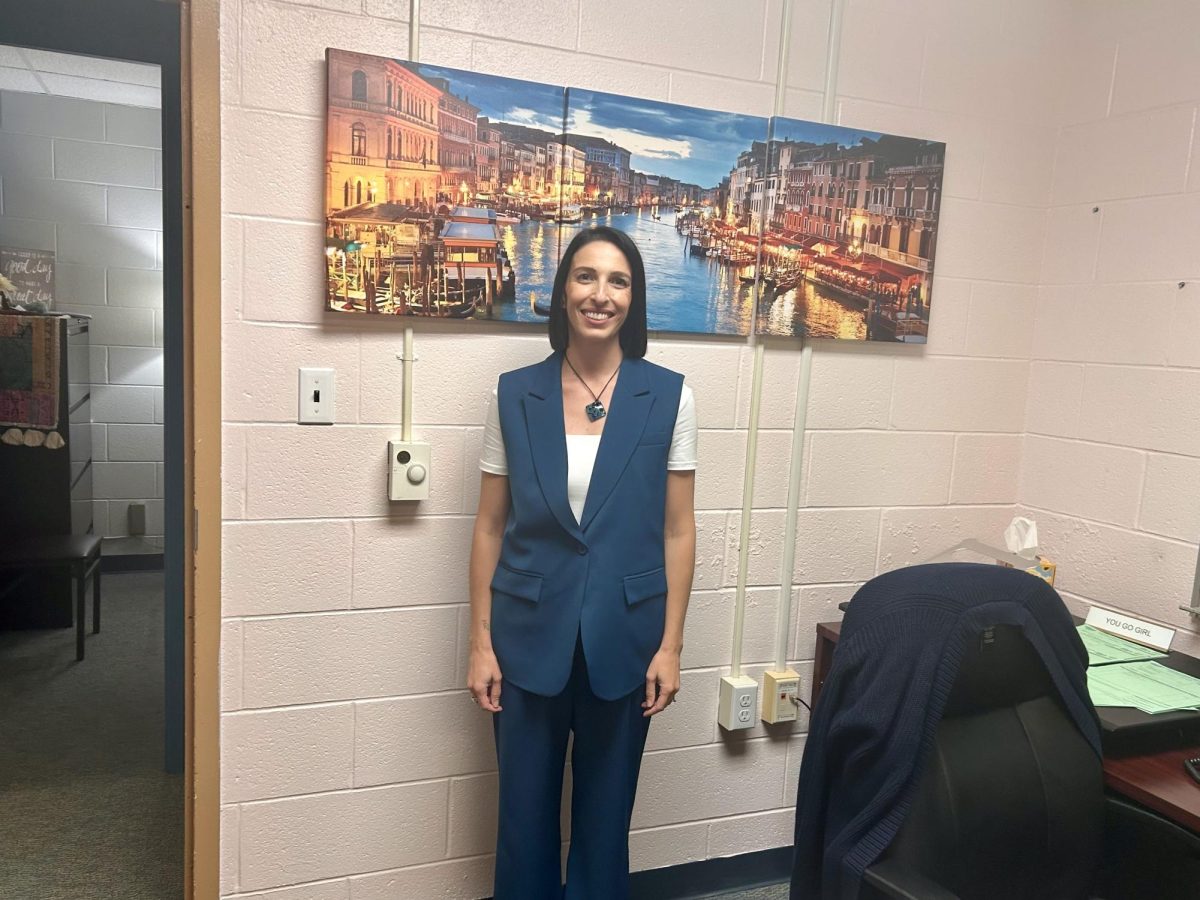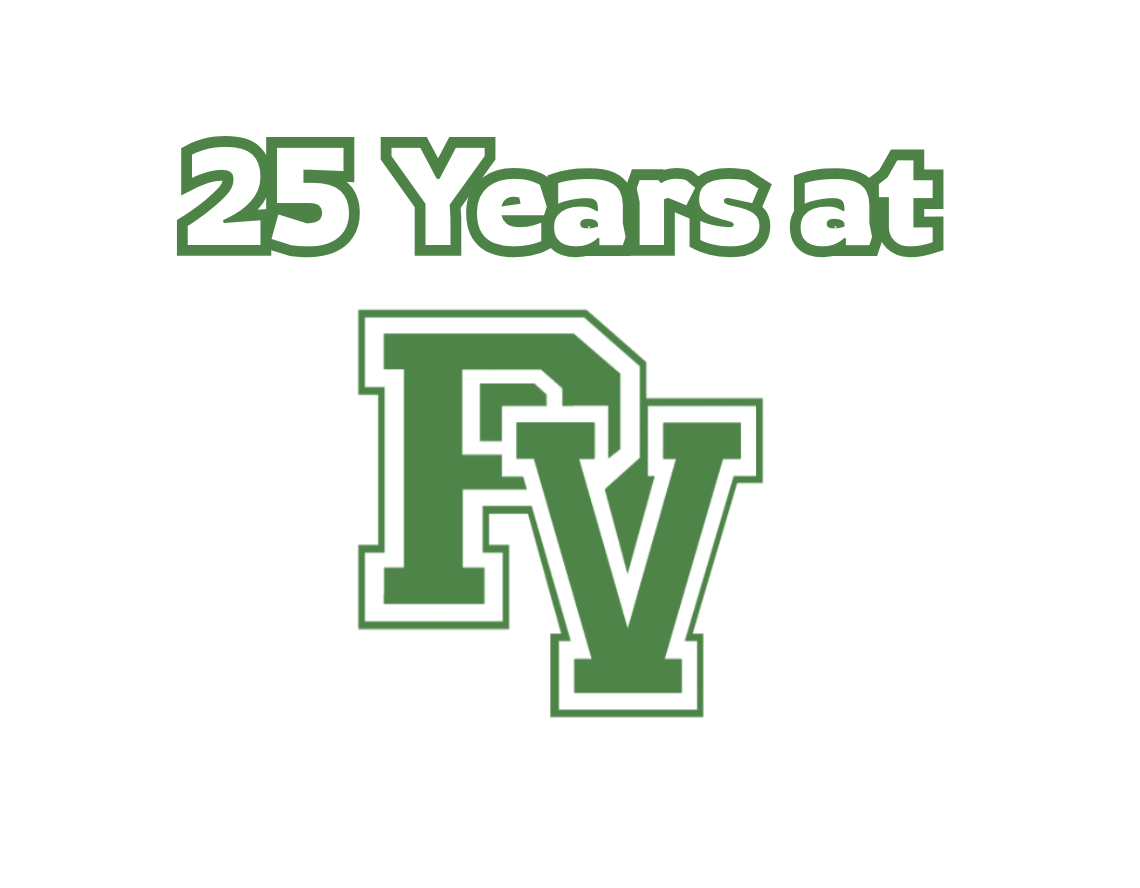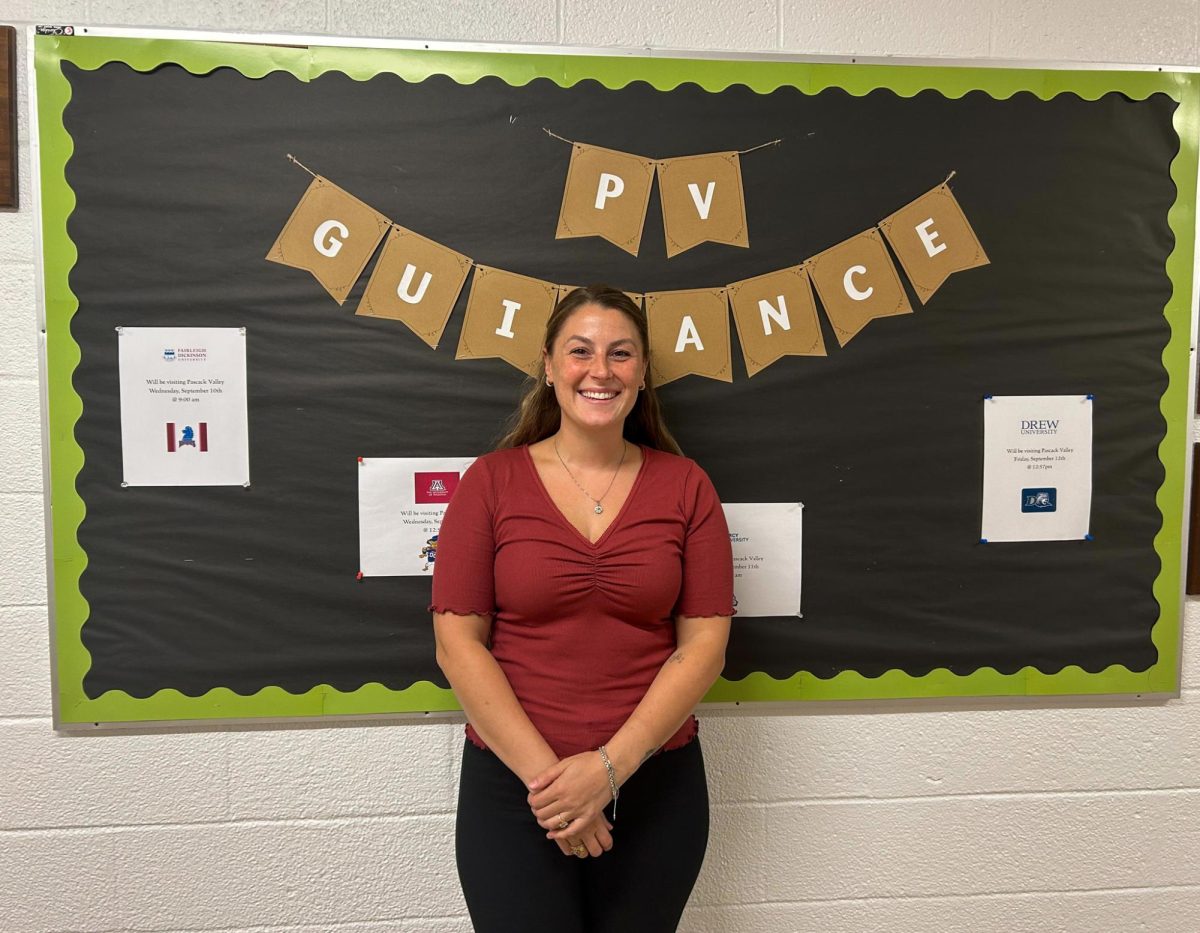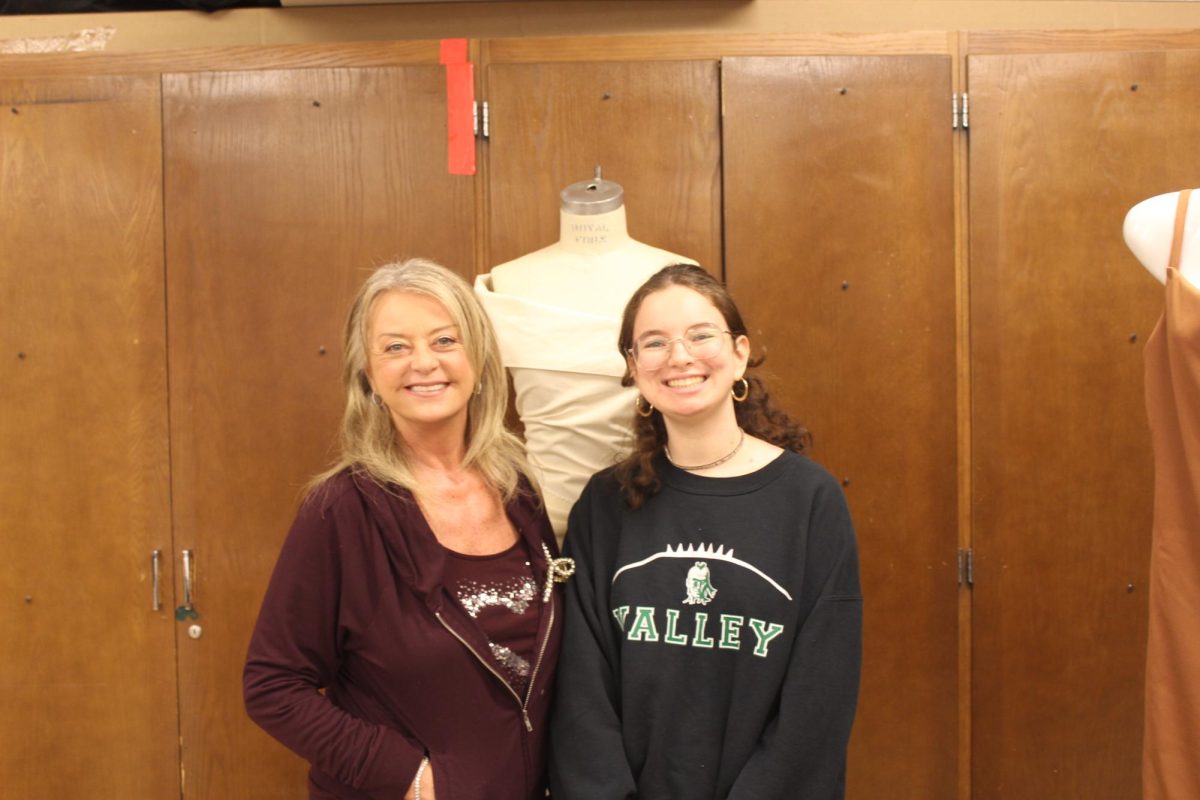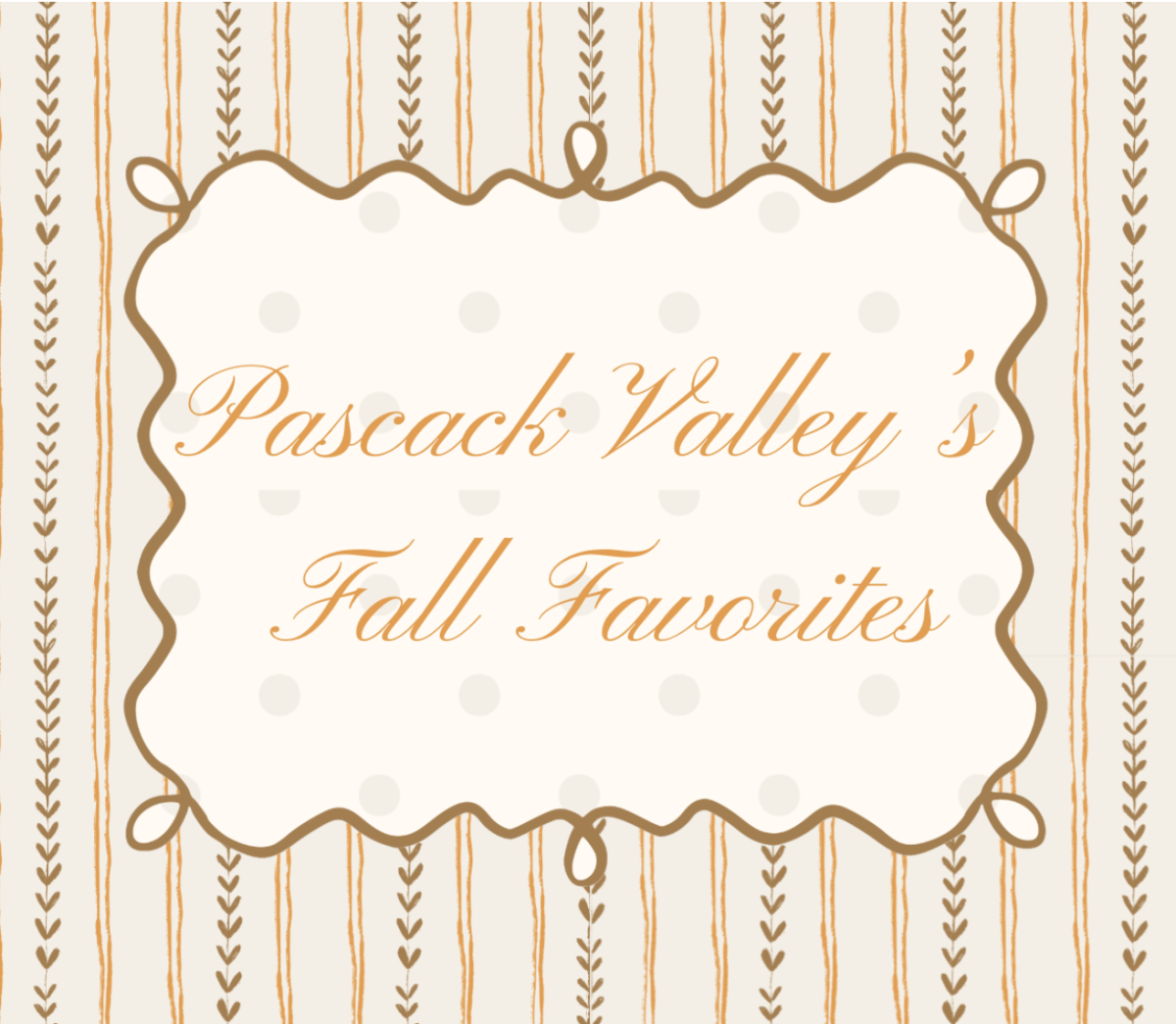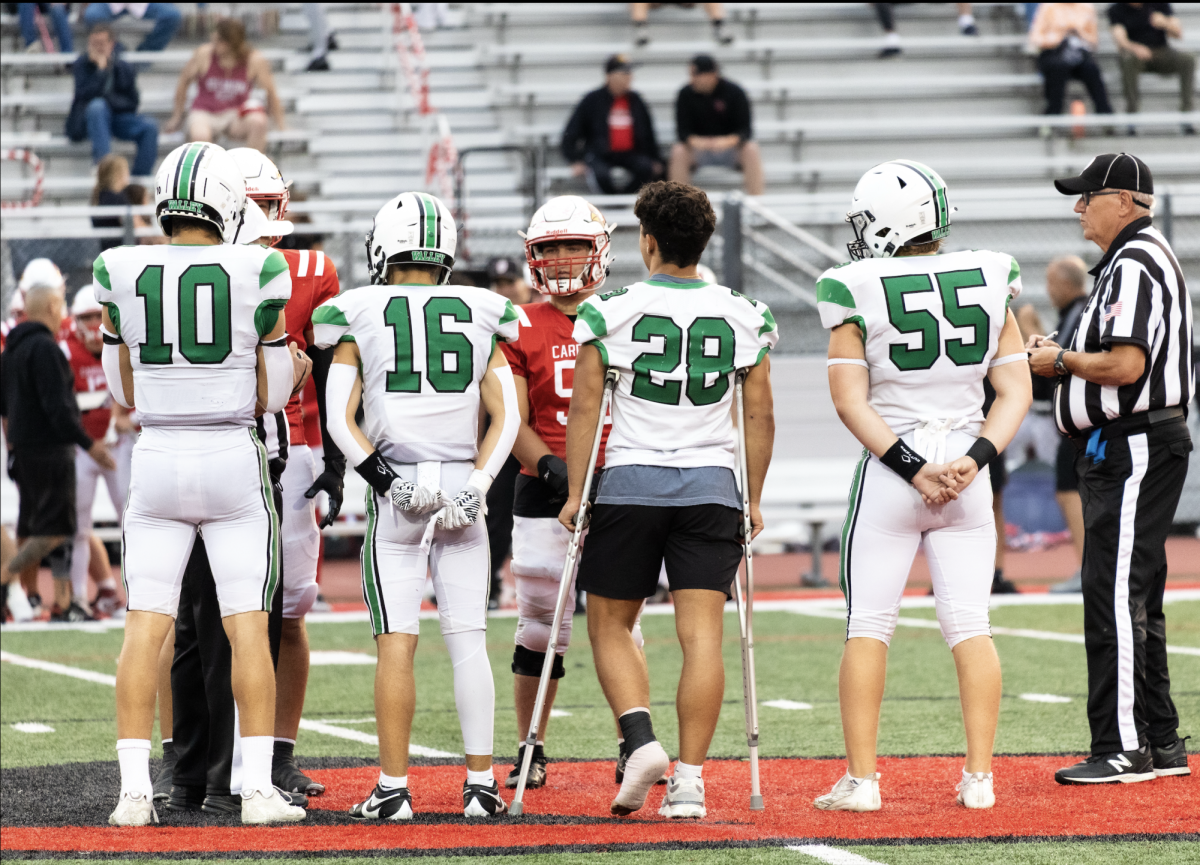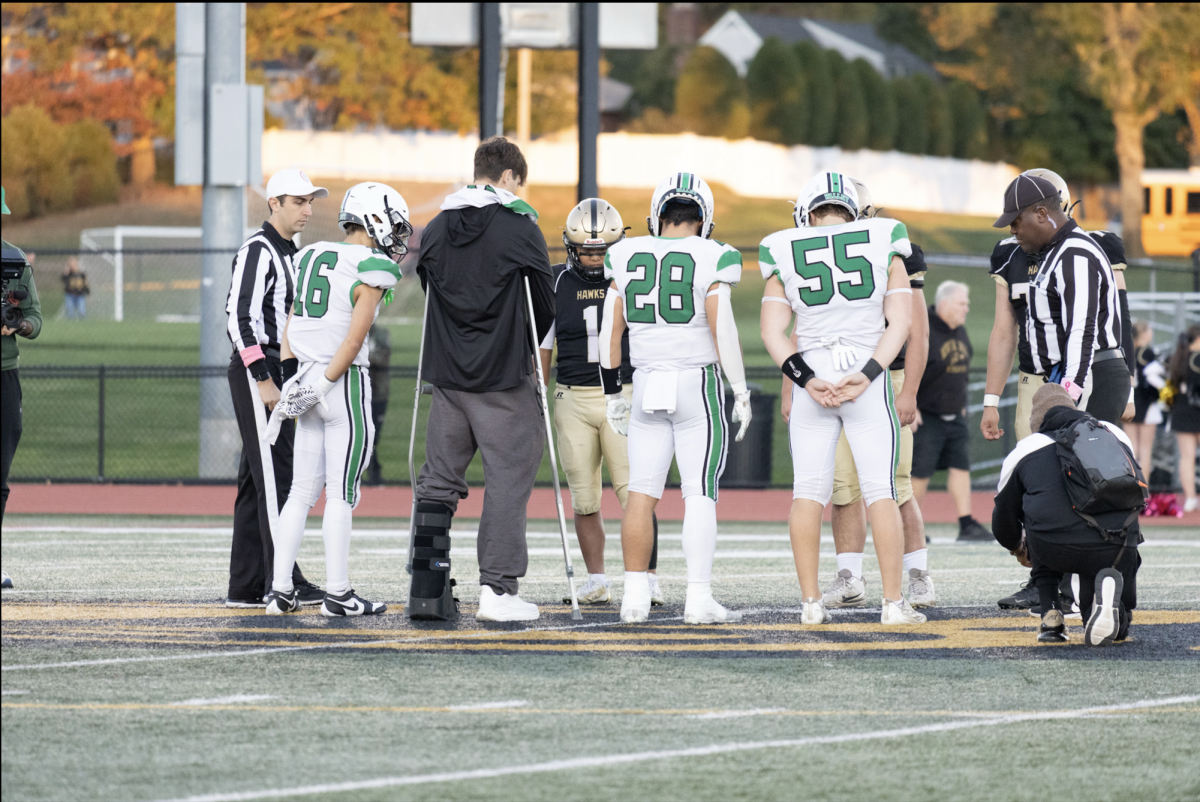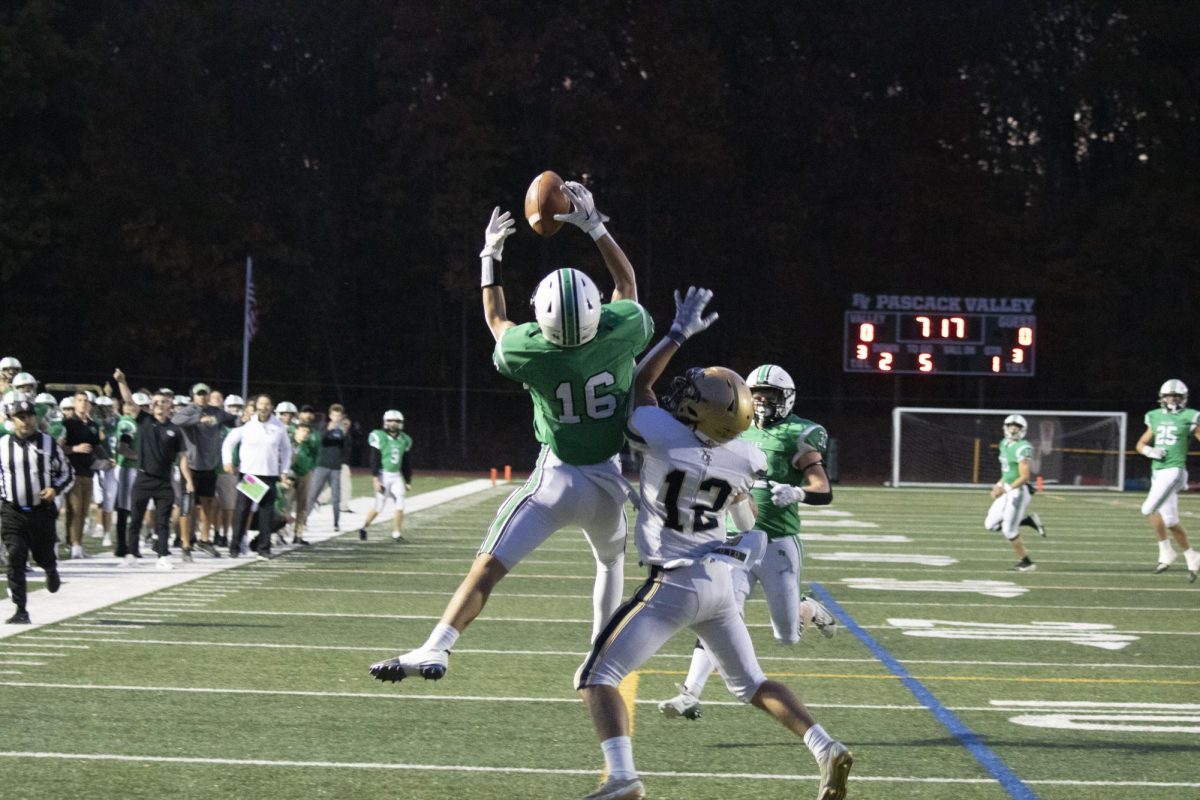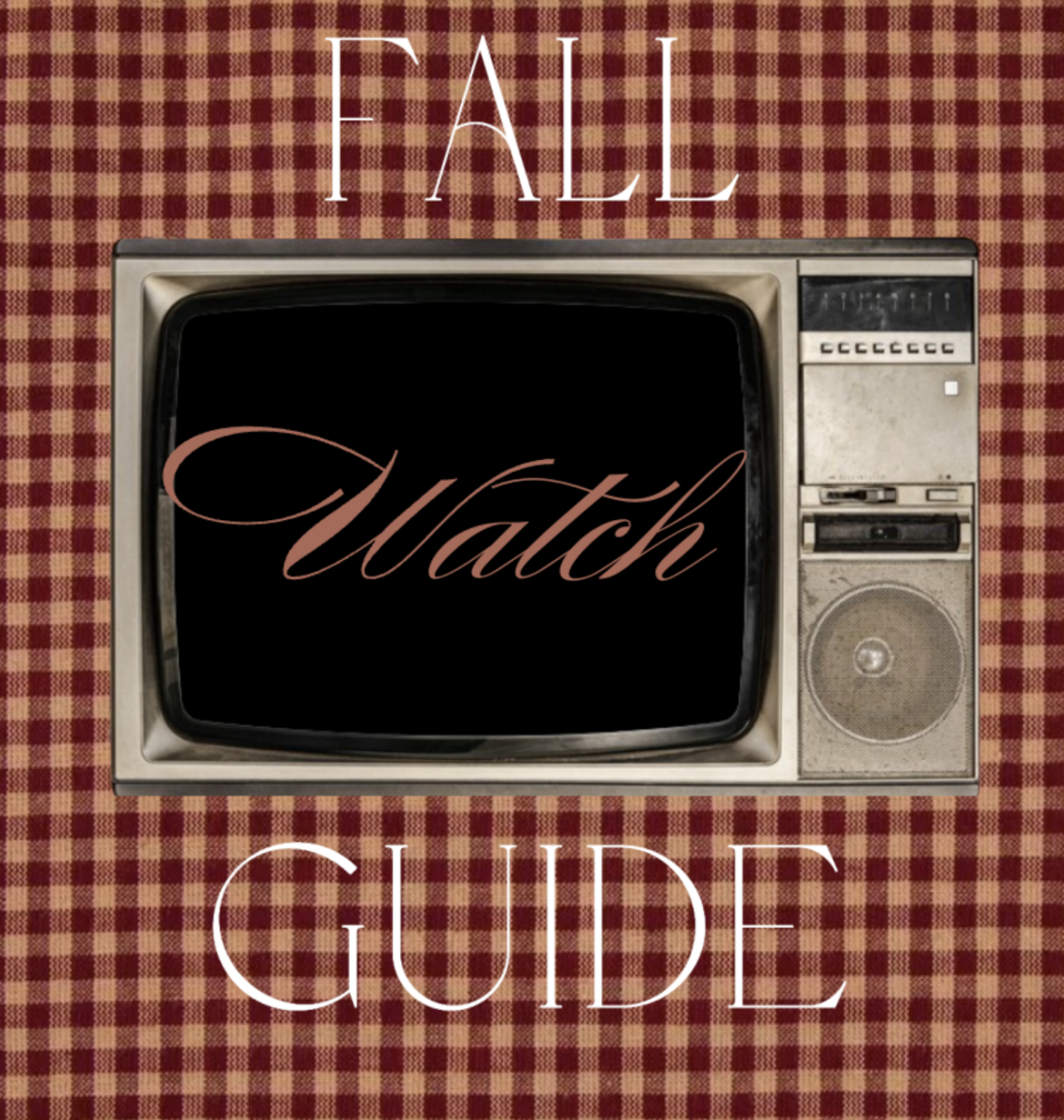On Feb. 16th, an email was sent via ParentSquare Inc. from the Superintendent’s Office to members of the Pascack Valley Regional High School District regarding Gaggle, an online monitoring tool designed to protect students.
Gaggle’s recent changes have led to students’ “informal slang,” being flagged, specifically on G-Chat, as potentially dangerous.
“Due to this change in monitoring, some informal conversations using slang are being flagged as problematic and being reported by Gaggle to administration,” wrote the Superintendent’s Office (Dr. Bilotti, Ed.D.).
These flags have led to false alarms that are causing a strain on law enforcement resources.
The letter asked the district to modify their use of Google Chat, also known as G-chat, moving forward.
“Until we can find a better solution, we ask that you please use Chat only for school-related topics and communication, and use personal devices for day-to-day conversations with friends,” wrote Dr. Bilotti, Ed.D. Superintendent of Schools.
What is Gaggle?
(No, I don’t mean a group of Geese.)
Gaggle is a school safety tool installed on school-provided devices. Its goal is to protect students and ensure their well-being. It works within Google Apps such as Gmail, Google Docs, etc.
This program isn’t a web filter that blocks certain sites; instead, it monitors how students engage with the sites and reports concerning language back to the school’s administration.
John Puccio, Pascack Valley High School’s Principal explained that Gaggle detects language that is deemed as concerning or threatening. Whether it is someone implying self harm, or harm to others, it is all detected and sent to administration.
Puccio then explained Gaggle’s process when it first detects this kind of language; not only does Gaggle oversee school-provided devices on weekdays, but it also monitors them on weekends.
The process is as follows: if the language Gaggle detects isn’t something that needs immediate attention, then only an email is sent to administration. However, if the language is deemed severe, then this necessitates a phone call instead. If the administration isn’t available to pick up the phone, then the alert is sent directly to the police.
Gaggle doesn’t know if it’s a “real” threat or just students’ informal slang. Therefore, the district has to treat every possible threat as a real one.
Why wasn’t this an issue before?
According to Puccio, Gaggle had been successfully overseeing emails for years now, but it was found that only some of the alarms were detecting properly on G-chat. This led to a deep dive through the Gaggle and G-chat inner workings. Ultimately, there was a necessary modification that took place that fixed the “glitch” between Gaggle and G-chat.
The modification allowed for the correct identification of student language that contains potentially harmful content. However, this also means that Gaggle has become more efficient in unknowingly detecting false alarms too, and the newly abundant influx of these false alarms may be perceived as “a burden” to law enforcement.
“We deeply value our partnership with law enforcement and recognize the critical importance of not overburdening their resources with false alarms,” stated the email from the Superintendent’s Office.
Why do student devices need to be monitored?
For security reasons, written in law, Pascack Valley is responsible for monitoring student devices. PV uses technology protection measures, such as Gaggle, to comply with this law.
As stated in the Federal Communications Commission, “CIPA [The Children’s Internet Protection Act] was enacted by Congress in 2000 to address concerns about children’s access to obscene or harmful content over the Internet.”
As written in the CIPA, “The protection measures must block or filter Internet access to pictures that are harmful to minors (for computers that are accessed by minors) [provided by the schools].”
Google Chat (G-chat)
Students have been asked to refrain from using “informal slang” in G-chats and throughout the school’s Google Suite.
“For non-instructional communication, we ask that students use personal communication methods, outside of the school’s Google suite,” said Dr. Bilotti, Ed.D. Superintendent of Schools.
Despite the attempt to shed light onto the issue, false positive alarms actually increased after the Superintendent’s Office sent out correspondence about the issue.
“What we’re seeing right now with G-chat is [that] kids are using words they shouldn’t be using, and it is concerning,” said Puccio. “Kids really shouldn’t be using those words, even if they’re joking. That’s where the concerns [come up] with G-chat.”
Puccio then explained how he had reached out to other schools and found that none of them utilize G-chat like PV, “…and unfortunately [G-chat] has caused a lot of distractions.”
“And I know we don’t have cell phones [at PV], but if the cell phones had service, students would be using them more than G-chat,” said Puccio.
The district is currently looking into alternative communication platforms to use between teachers, clubs, and coaches to replace G-chat before it is removed for good: “We want to make sure we have that option,” Puccio said.
Student perception and plans moving forward
A sophomore voiced her concern to Puccio regarding her opinion on the matter after the emails were sent out to the district.
“I have three or four group chats [G-chats] for clubs and sports, and that is how teammates and classmates communicate,” wrote the sophomore in an email to the principal. “I do understand how it can be a distraction [for students], but by getting rid of it [G-chat], you are just moving the problem [to another platform]. At least now, [the district] can monitor it [for concerning language].”
The administration is aware of the need for some sort of communication platform for students and staff, and its members are currently looking into alternative options.
“We know teachers use it, we know clubs use it, we know coaches use it, but we’re at a point where people are just not using it appropriately, and it’s a distraction,” said Puccio. “We are looking into alternatives for communication for teachers, clubs, and coaches; we want to make sure we have that option.”



